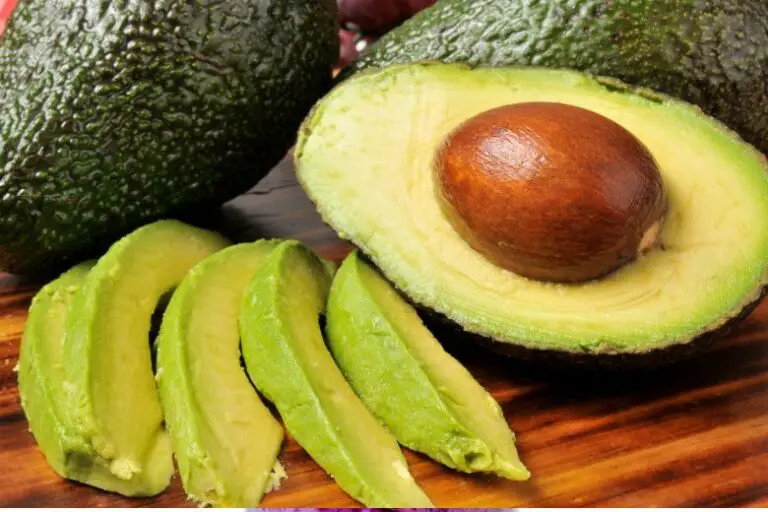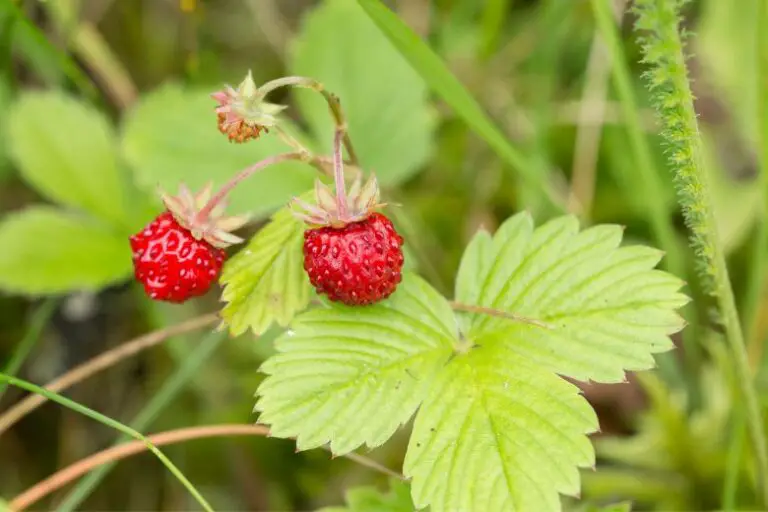Do Foxes Eat Apples
Foxes, members of the Canidae family, exhibit remarkable adaptability to various environments. Their diet reflects this adaptability, encompassing a wide range of foods. In this article, we aim to answer the intriguing question: do foxes eat apples?
The Varied Diet of Foxes
Foxes are opportunistic omnivores, meaning they have a flexible diet that includes both plant and animal matter. Their diet varies based on factors such as location, season, and availability of food. Common items in their diet include rodents, birds, insects, fruits, berries, and small mammals.
Foxes and Fruit: A Curious Connection
While foxes are primarily carnivorous, they do have a penchant for fruits like berries and apples. These fruits often serve as supplementary food sources, especially when meat is scarce. Apples, with their sweet and enticing aroma, have been known to attract foxes.
Apples in the Wild: A Tempting Treat for Foxes
In the wild, foxes may encounter fallen apples in orchards or backyards. The sight and scent of these fruits can pique a fox’s curiosity and appetite. Foxes are known for their inquisitive nature, and this extends to their willingness to sample various foods, including apples.
An Apple a Day: How Foxes Consume Apples
Foxes exhibit a playful and methodical approach to consuming apples. They may toss the fruit in the air, pounce on it, or carry it in their mouths for a short distance before consuming it. Their agile and nimble nature is on full display as they interact with this novel food item.
Foxes as Omnivores: Beyond the Fruit Bowl
Apples aside, foxes display a remarkable ability to adapt to different foods. Their diet can include small mammals like rabbits and squirrels, birds, eggs, reptiles, and even fish. This versatility has contributed to their survival in diverse habitats.
Hunting Strategies: More than Just Fruit
Foxes are skilled hunters, employing various strategies to catch prey. They may stalk, pounce, or dig to access food sources. While apples might satisfy their occasional fruity cravings, it’s their hunting prowess that ensures their long-term sustenance.
The Ecological Impact of Foxes’ Diets
Foxes play a crucial role in maintaining ecological balance. By controlling populations of rodents and small mammals, they help regulate these species and prevent overpopulation. This indirectly supports the health of plant communities and other animals within their ecosystems.
The Fox’s Digestive System: Adapting to Different Foods
The fox’s digestive system is a marvel of adaptation. It allows them to process a wide range of foods efficiently. For instance, their stomach acid is potent enough to break down tough animal proteins, yet versatile enough to handle plant materials like apples.
Coexisting with Foxes: Insights for Homeowners
For homeowners living near fox habitats, coexistence is possible. Securely storing fruits and other potential food sources can discourage foxes from venturing too close to human dwellings. Respecting their space while appreciating their role in nature is essential.
The Role of Foxes in Ecosystem Health
Foxes contribute to the health of ecosystems by influencing the populations of their prey. This ecological balance ripples through the food chain, ultimately impacting vegetation, predators, and other interconnected species.
Fox Folklore and Cultural Significance
Throughout history, foxes have captured human imagination and found their way into folklore and cultural narratives. Often depicted as clever and adaptable, foxes have taken on symbolic meanings in various societies around the world.
Conclusion
In conclusion, while foxes are not exclusive apple aficionados, they do occasionally indulge in these sweet treats when the opportunity arises. Their omnivorous nature, coupled with their adaptability, makes them open to exploring a variety of foods, including fruits like apples. As we continue to study and appreciate these charismatic creatures, let’s remember the role they play in maintaining the delicate balance of nature.







